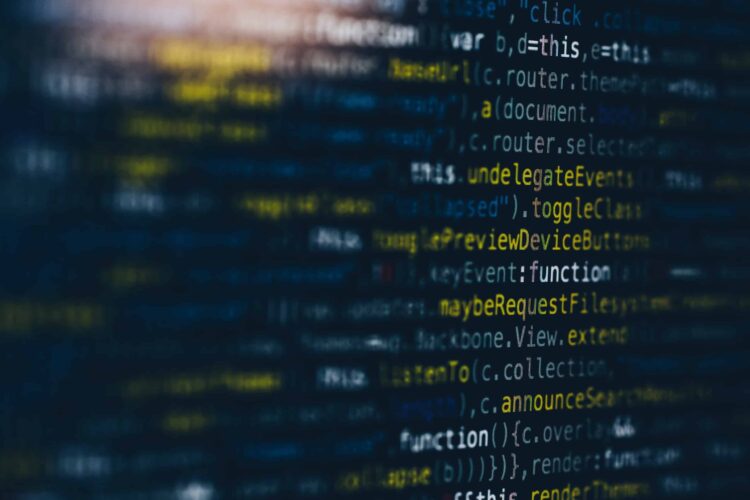Privacy and cybersecurity risks with artificial intelligence

Authors: Nathan Schissel, Kristél Kriel, Nicole Graham
As the use of artificial intelligence (AI) has expanded, particularly in recent months, the demands to better understand and regulate its use have grown louder, including in the privacy and cybersecurity space.
The use of ChatGPT in particular has garnered much attention and despite the many potential uses of the technology, many are concerned about the risks, legal implications and potential for misuse. For example, in the cybersecurity space, there are particular concerns and examples of ChatGPT being used for fraudulent purposes such as phishing scams.
Most recently, the Office of the Privacy Commissioner of Canada announced an investigation into OpenAI, the operator of ChatGPT, over allegations the program has been collecting, using and disclosing users’ personal information without their consent. This investigation has now been expanded to include other privacy authorities in Canada.
The privacy authorities will investigate whether OpenAI:
- has obtained valid and meaningful consent for the collection, use and disclosure of the personal information of individuals based in Canada via ChatGPT
- has respected its obligations with respect to openness and transparency, access, accuracy and accountability
- has collected, used and/or disclosed personal information for purposes that a reasonable person would consider appropriate, reasonable or legitimate in the circumstances, and whether this collection is limited to information that is necessary for these purposes
“AI technology and its effects on privacy are global issues and key focus areas for privacy authorities in Canada and around the world,” said Philippe Dufresne, Privacy Commissioner of Canada. “As regulators, we need to keep up with – and stay ahead of – fast-moving technological advances in order to protect the fundamental privacy rights of Canadians.”
The risks and implications of AI extend far beyond privacy and cybersecurity and we will be closely watching and providing further blogs on this topic.
Note: This article is of a general nature only and is not exhaustive of all possible legal rights or remedies. In addition, laws may change over time and should be interpreted only in the context of particular circumstances such that these materials are not intended to be relied upon or taken as legal advice of opinion. Readers should consult a legal professional for specific advice in any particular situation.




